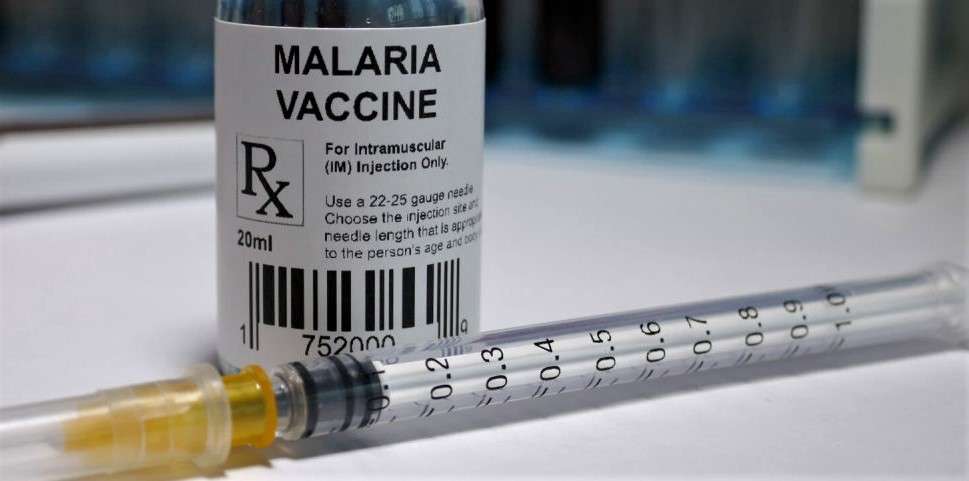Cameroon has launched the world’s first routine vaccine programme against malaria on Monday.
It is one of 20 African countries planning to introduce the drug this year, according to global vaccine alliance Gavi.
Here are some key facts.
The RTS,S malaria vaccine, developed by British pharmaceutical GSK opens new lab and sold under the brand name Mosquirix, was backed by the World Health Organisation in July 2022.
It underwent trials in Ghana, Kenya, and Malawi.
It acts against P. falciparum, the deadliest strain of malaria spread by anopheles mosquitoes, and the most common in Africa.
The vaccine is designed to be administered to young children in four doses from around five months of age.
The vaccine has been in the making for nearly 40 years.
It was first created in 1987, according to GSK.
The drug maker received funding to develop the RTS,S-based vaccine for young children in 2001, it said.
In July 2023, 18 million doses of RTS,S available for 2023–2025 were allocated to 12 countries, prioritizing those doses for where the risk of malaria illness and death among children are highest, until vaccine supply increases to fully meet demand.
The vaccine’s effectiveness is relatively low. GSK in 2015 published results of a large-scale clinical trial showing it reduced the risk of severe malaria by around 30 per cent.
However, some researchers say it could be higher if given just ahead of the malaria season.
The fact that it must be administered across at least four doses has raised concerns about the logistics of fully inoculating children in remote areas.
More than 30 African countries have expressed interest in introducing the vaccine.
The WHO estimates that 40-60 million doses will be required each year by 2026, rising to 80-100 million by 2030.
Demand for the shot is likely to far outstrip supply for several years, but the anticipated roll-out of a second vaccine should ease these supply pressures.
The R21 vaccine, developed by Oxford University, could be launched in May or June, according to Gavi.
It was pre-qualified by the WHO in December, a key regulatory step.
(Reuters/NAN)



